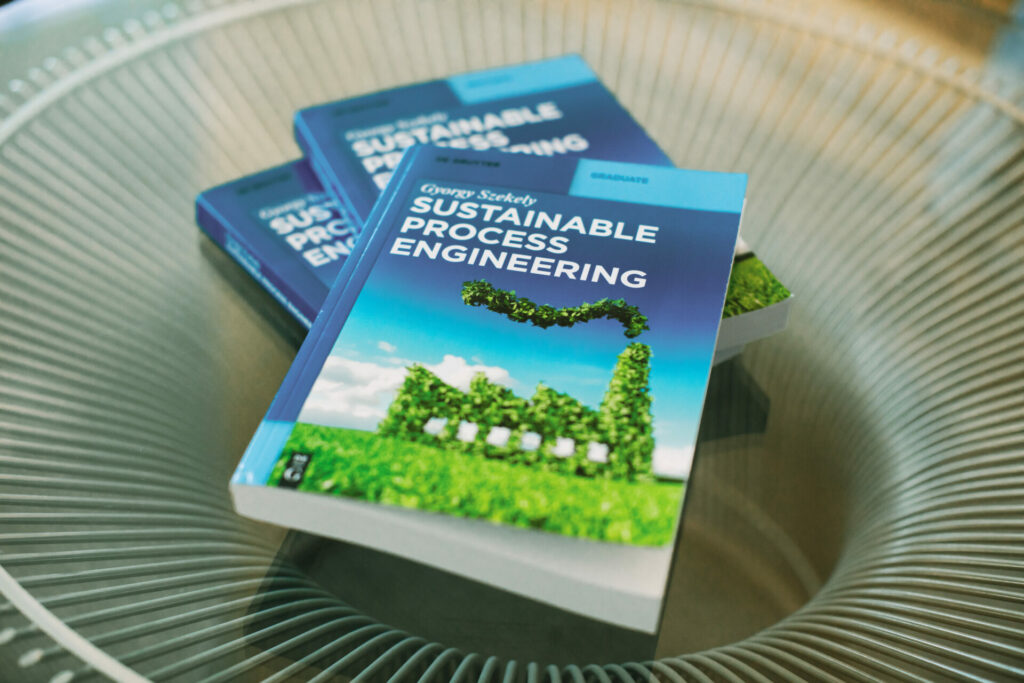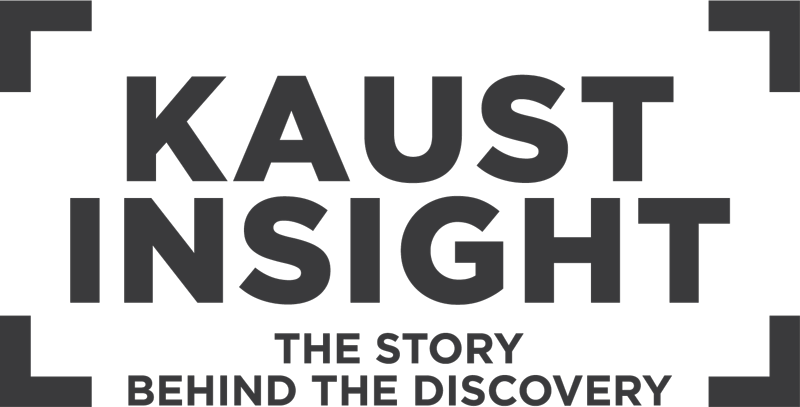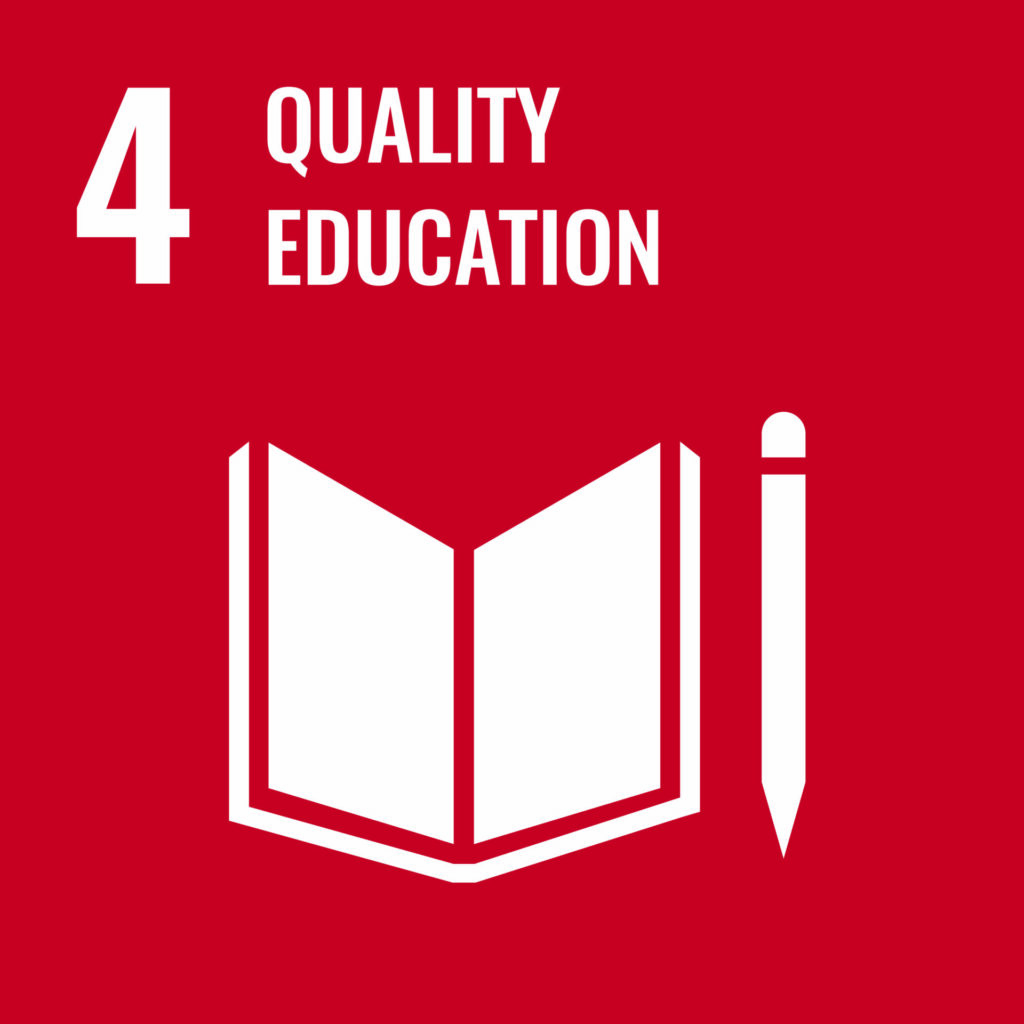When Gyorgy Szekely was preparing a new course unit on sustainable chemical engineering for use in the graduate KAUST program, he found he needed a new text — one that would bring together the principles of green chemistry and green engineering to help promote chemical processes that are more sustainable.
To produce the book, Szekely looked to engage his graduate students as a way to provide them with a unique opportunity. “I thought by involving the students,” he says, “the knowledge they would gain during the process will be retained much better than by simply attending lectures or reading the book.”
“The students participated in all aspects of the creation of the textbook, from the conceptualization and gathering information, through to writing the text and crafting the illustrations, till the final formatting and proofreading,” says Szekely. “I found it really refreshing to work on the textbook with the students, and it made the entire process of writing a textbook much more enjoyable.”
“I found it really refreshing to work on the textbook with the students, and it made the entire process
of writing a textbook much more enjoyable.”
The (Postdoc). student co-authors most involved were Diana Gulyas Oldal (Masters) and Gergo Ignacz (Ph.D.). Support was also provided by Ph.D students Martin Gede, Nawaf Alghamdi, Abdulhadi Alhaji, Edwing Grajales, Fabiyan Angikath and postdoc Sushil Kumar.
Szekely was right about the value of this experience to the students; “I learned an immense amount about the topic of sustainability,” says Gulyas. While for Ignacz, the significant lesson “was how the whole concept of sustainability intertwines with every other engineering field.”
Szekely was pleased with how much he learned too. “Working with the students was also really beneficial for me as a faculty. I learned a lot from them through their questions and the different perspectives they brought to the table during the process,” he says.

The students also described the other aspects they found eye-opening, including the duration and complexity involved in writing a book. “I also gained more advanced science communication skills and realised the importance of scientific illustrations,” says Gulyas.
In the future, says Ignacz, “I would gain a more holistic perspective of my chapters before writing anything, then it would be easier to be on the topic and not get lost in the details. And definitely, I’d avoid ‘rookie’ omissions, he jokes, by making sure right from the beginning to agree with the authors which citation tool to use!”
Alghamdi described how this was his first time contributing to written material such as a book, and it was a whole different game to his other
teaching experiences. “In a written format, we deliver the material to students to learn without the opportunity to discuss it. And so, for this book, we needed to be precise, accurate and to phrase the writing in a way that’s constructive for all types of students. So in addition to learning a lot about the scientific material itself, learning the skill of putting together a book chapter was an enriching experience,” he says. “I would urge my fellow Ph.D. students to get involved in writing a book chapter. It’s different from writing papers, and it’s a skill that should prove useful in the future, almost regardless of career direction.”
Overall, the value and quality of the collaboration is reflected in the textbook. “Writing the textbook with the students actually helped the contents of the book, as well as the depth of each topic, to be tailored to the needs of graduate students: as co-authors, the students could provide instant feedback,” says Szekely. “This has ensured the final result is a textbook that graduate students can understand, that provides all the relevant information and importantly, is engaging.”
Sustainable Process Engineering was published in 2021 by German academic publisher De Gruyter. “It was a lot of effort to produce this textbook,” says Szekely, “and considering both the content and the presentation of the book, I am very happy with the end result.”


